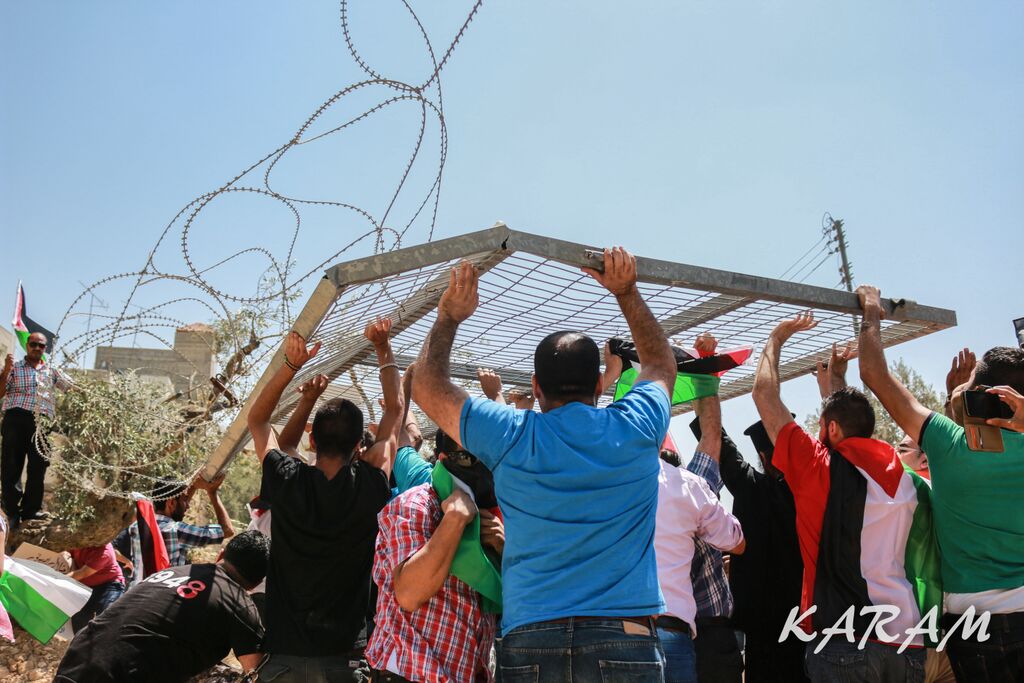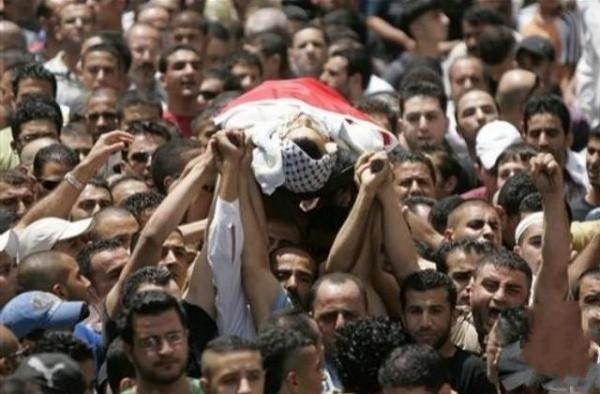Author: ISM Media
-
Gaza talks back: Demonstrations and “International Solidarity Week for Anarchist Prisoners”
This Monday 24th of August, as every Monday, the families of the Palestinian prisoners in Israeli jails have gathered at the Red Cross headquarters in Gaza City. Tens of people joined them in order to show their support, denounce the conditions that the prisoners suffer and to demand the freedom of all the Palestinians kidnapped…
-
Hundreds protest against Israeli seperation wall in Bait Jala
Sunday morning around 300 Palestinians and Internationals demonstrated side by side to block the uprooting of olive yards related to the construction of the apartheid-wall. The protesters where all non-violent and all stood up for the Palestinians rights and for a free Palestine. Protesters successfully removed the illegal metal fence, which was put up by the…
-
UN report: 3 Palestinians killed, 92 displaced in a week
22nd August | The Palestinian Information Center | Occupied East Jerusalem OCCUPIED JERUSALEM, (PIC)– A report issued by the UN Office for the Coordination of Humanitarian Affairs (OCHA) showed the escalation of Israeli violations against Palestinian civilians in their occupied territories during 11-17 August, 2015. OCHA revealed that Israeli forces shot and killed two Palestinians,…



